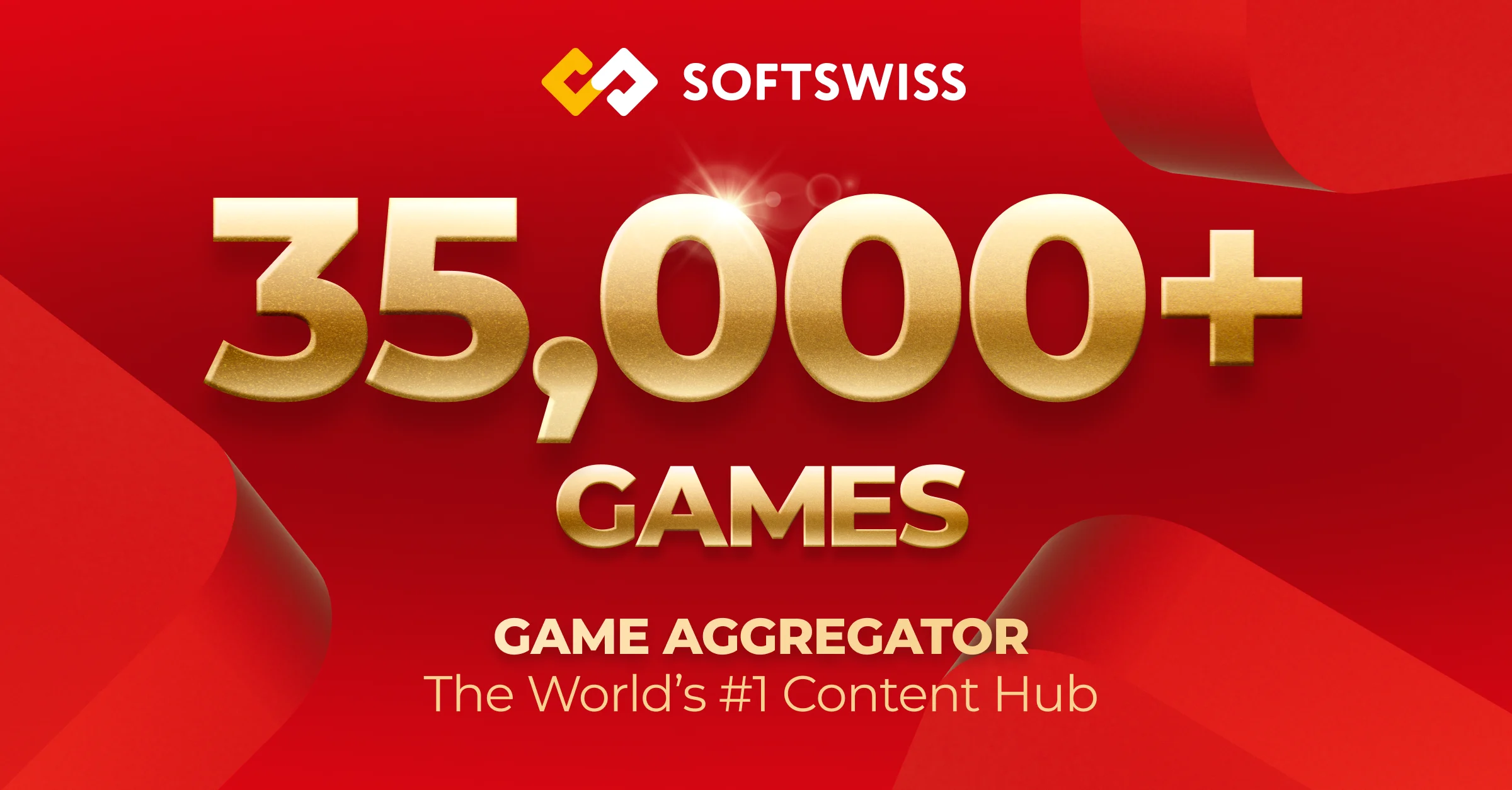The UK gambling industry has been in a state of flux for the best part of three years. With the government launching a review of the industry in 2020, all manner of rules, regulations, and innovations have been discussed. Although the information gathered during the review hasn’t been used to affect any official changes, the process has sparked various debates.
One of the main discussions surrounding the government’s quest to make the industry “fit for the digital age” is trust. As it is in other aspects of life, trust works both ways. Operators need to trust consumers are who they say they are. Simultaneously, operators need to be trusted. Essentially, everyone wants a situation where people on both sides of the divide know where they stand.
Everyone needs to be on the same page
That’s one of the main reasons affordability checks were the hottest topic in UK gambling in 2022. Operators need to know that their customers can afford to gamble. Doing this is easier than it sounds, but operators are currently implementing ways to make it happen. At the heart of this drive to better assess new customers is trust. Operators need to trust their customers to gamble responsibly and implementing affordability checks is the first step in the process.
Beyond this, continued reinforcement of responsible gambling practices is necessary. Then, as a final step, tools such as personalized betting limits and session timers are available. These things combine to ensure everyone is doing their bit to keep gambling entertaining. Again, it comes back to the idea of trust. Operators want to trust that customers are responsible, and customers need to trust that operators have their best interests at heart.
Reviews create informed consumers
Wrapped up in the symbiotic trust dynamic is the role of third-party reviewers. Online casino, poker, and sports betting reviews are nothing new. Experts have been giving their takes on the leading gambling sites for over a decade. However, today, more than ever, they’re an integral part of a consumer’s journey.
It’s all very well hearing something from an operator, but the information coming from a third-party can, sometimes, be more insightful. That’s where reviews come in. An operator can tell customers about its security provisions, but a third-party expert can say whether they work. It’s the same with customer service, bonuses, payouts, and games. We can see, for example, in a real money slots review, that reviewers can actually test the claims made by operators. A game like Starburst is often listed as one of the most popular slots, but why? According to experts, who have combined their own experiences with feedback from other players, it’s because the game is well-crafted and has features such as “both ways win” that improve its RTP.

Markers of trust
Slot reviews also tell consumers who made the game (NetEnt in the case of Starburst) and, importantly, if it’s been tested by an agency such as eCOGRA. The result is that consumers are better informed. They can see which games and platforms are trusted by experts. This, in turn, gives them a greater sense of confidence. Again, this takes us back to the notion of trust and how it’s integral to the gambling industry. If consumers are able to trust operators, they’re more likely to sign up.
Of course, we can’t talk about trust and not mention regulatory bodies such as the UK Gambling Commission. Licensing operators is more than a legal obligation. An online gambling license is, in essence, a seal of approval. Or, in the context of this discussion, a marker of trust. However, this is only the case if consumers understand the role of regulators and the licenses they issue.
Spreading information in the era of trust
This brings reviews back into the spotlight. Third-party reviewers have taken on the role of educators in the sense they explain the nuances of online gambling to consumers. They can tell people that, without a license, online gambling sites aren’t trustworthy (as well as illegal). Therefore, what’s apparent here is the role third-party reviewers play in the industry.
They’re not just affiliates, they’re sources of information. This information generates more engagement and, importantly, the right type of engagement. Informed consumers are the type of consumers operators want and need. That makes third-party reviews indispensable, especially in the era of trust.












